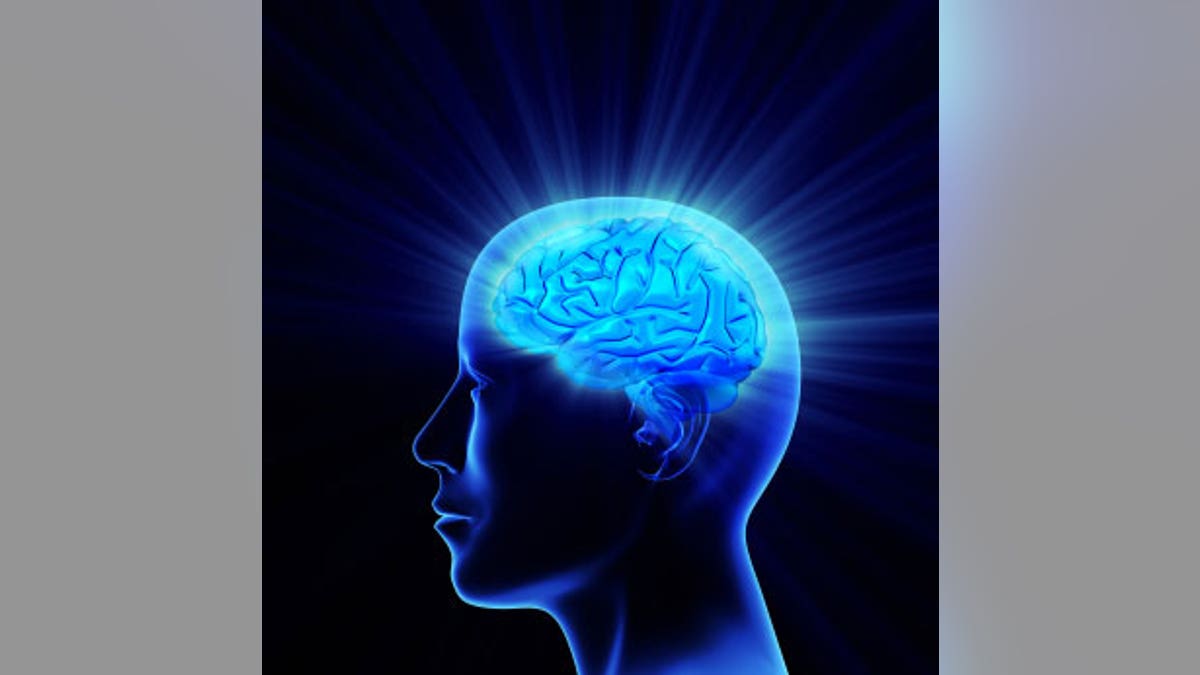
Human brains shrink as people grow old, unlike even our closest animal relative, says a new study in the Proceedings of the National Academy of Sciences that highlights what researchers call the unique character of human aging, The Wall Street Journal reported Monday.
The human brain normally can shrink up to 15 percent as it ages, a change linked to dementia, poor memory and depression. Until now, researchers had assumed this gradual brain loss in later years was universal among primates and other animals.
But in the first direct comparison of humans to chimpanzees, a brain-scanning team led by The George Washington University anthropologist Chet Sherwood found that chimpanzees do not experience such brain loss. From that, researchers concluded that only humans are afflicted by this oddity of longevity.
In their study, the scientists used magnetic resonance imaging scans to measure changes in five key brain structures involved in memory, reasoning and other mental processing, as well as overall brain volume. They compared measurements from 87 adult humans ranging in age from 22 to 88 years old with the brain volumes of 99 adult chimps ranging from 10 to 51 years old. They measured the brain's gray matter of neurons and the white matter of its connecting neural fibers. On average, human brains weigh about three pounds. Chimp brains only weigh a third as much.
No matter where the researchers looked, they found the human brains lost significant volume over time, while the chimpanzees did not. "We found no age-related changes in chimpanzees," said Dr. Sherwood.
Until recently, the study of brain differences between humans and other species was a scholarly pursuit with little impact outside the field of anthropology, but the rapid growth of the aging population world-wide is turning evolutionary biology into a pressing topic of public health. By 2030, about one in every five people in the US will be over 65 years old, more than twice the number of elderly a decade ago, according to the U.S. Administration on Aging.
Unlike chimpanzees and other primates, elderly humans are prey to a host of neurodegenerative diseases, such as Alzheimer's disease. Researchers hope that by understanding the basic biology of the brain, they can devise ways to treat or postpone the harmful mental effects of age.
Click here to read more from the Wall Street Journal.
